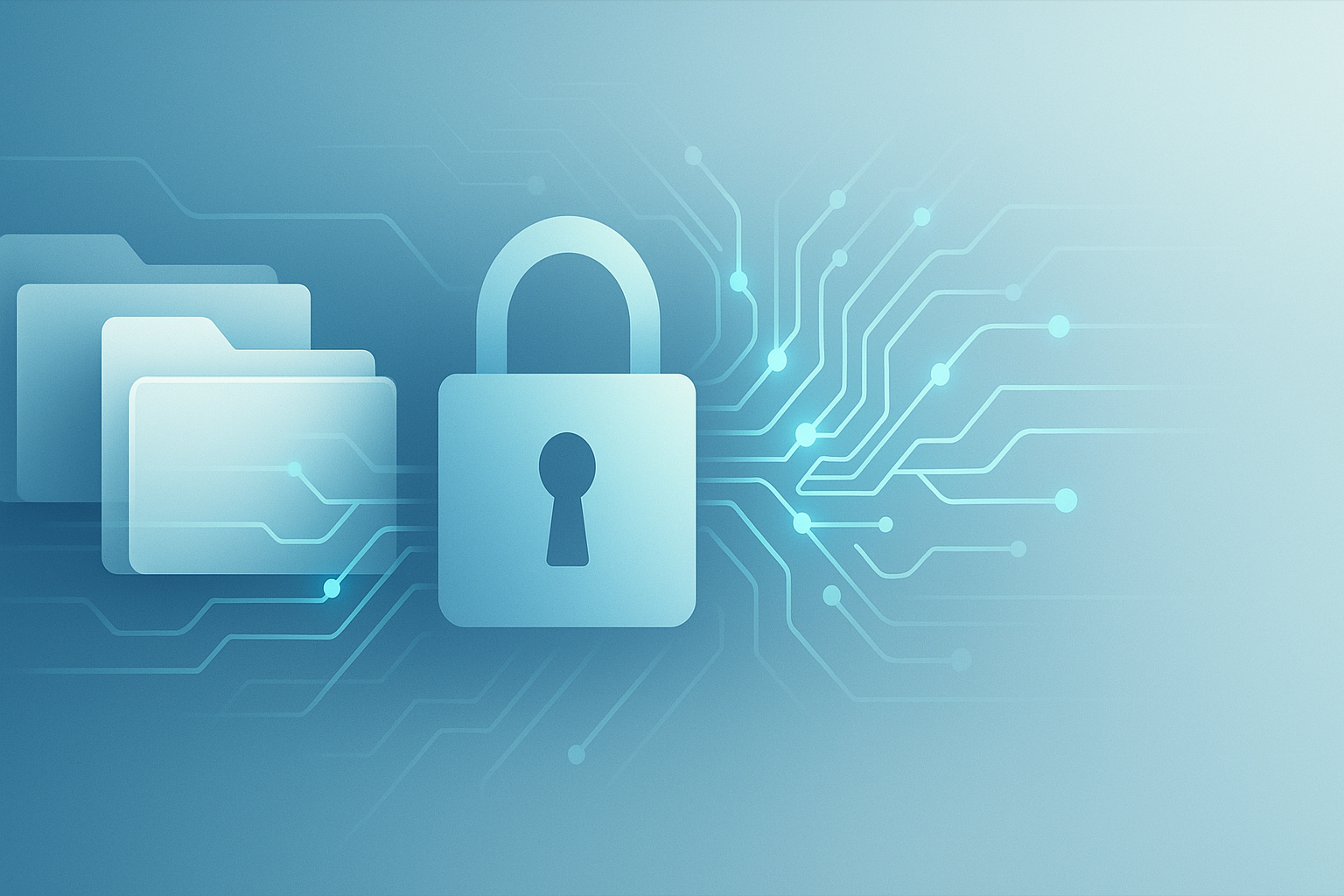Online virtual data rooms (VDRs) provide secure file sharing during complicated transactions like M&As and fundraising.
The integration of VDR with AI enhances deal speed, efficiency, and safety.
Today, we’ll highlight why virtual data rooms are vital for safe transactions and how AI is taking them to a new level of safety and speed.
What is a virtual data room, and why is it so important?
A virtual data room is a safe online place to save and share private information. Unlike Dropbox or Google Drive, which are consumer-grade cloud storage systems, VDRs are designed to handle the tough needs of complicated commercial deals.
VDRs vs. regular cloud storage
You can save and exchange data online with both VDRs and cloud storage, but that’s all about the similarities.
Top VDR providers listed on DataRooms.org provide world-class security for sensitive data owing to robust access restrictions and audit trails.
“The future of deal security is not about building higher walls, but about leveraging AI to create smarter, more adaptive defences within virtual data rooms. We’re moving from a fortress mentality to a dynamic ecosystem where AI proactively identifies and mitigates risks, ensuring confidentiality and trust in an increasingly complex digital landscape.” — Elisa Cline, marketing specialist.
Core advantages distinguishing VDRs:
- Granular access controls. VDRs let administrators control virtually who can view what. You can establish permissions for each document, which lets you give someone “view-only” access, stop them from printing or downloading, or even limit access to certain times. A normal cloud service only lets you share things in a simple way, either everything or nothing.
- Audit logs. Every activity in a VDR is carefully recorded and documented. Administrators can see who saw which document, when, and how long. This establishes an undisputed audit trail and makes the firm transparent.
- Enhanced security. VDRs provide security procedures that are up to corporate standards. These include encrypting data at rest and in transit, authenticating users using several methods, and putting a digital watermark to prevent unauthorised sharing.
- Specialised collaboration tools. Lead VDRs provide features that are useful for due diligence, such as a Q&A module for secure conversation, the ability to add notes to documents, and the option to assign assignments.
That is why VDRs are essential for keeping intellectual property, financial records, and other private data safe.
The AI revolution: from a digital filing cabinet to a smart partner
While VDR is a powerful means for data security and exchange, AI has made it even better.
AI-powered virtual data rooms are more than mere data repositories; they speed up, improve, and safeguard the transaction process.
AI is changing VDRs from basic file storage systems into smart platforms. AI can automatically sort and categorize thousands of documents during due diligence, which saves a lot of time. It employs natural language processing to look over contracts and quickly point out any possible problems and important terms.
Predictive analytics assist dealmakers in figuring out just how interested people are and what will happen by keeping track of which papers are read the most.
1. Smart document automation to speed up due diligence
Due diligence is a time-consuming procedure: deal teams frequently go through vast amounts of paperwork, including contracts, financial records, and legal agreements, to uncover important information and potential risks.
AI algorithms automatically classify and categorize documents as soon as they are submitted. The system reads a document and quickly sorts it into one of three categories:
- Customer contract
- Balance sheet
- Employment agreement
This means that you don’t have to spend time organizing things by hand.
2. Intelligent search and data extraction
No more hand searching. Dealmakers leverage AI to search for “List all customers with contracts over $100K.”
AI will go through all the relevant papers and provide a structured response with connections to the source material. It can even pull important financial information out of PDFs and spreadsheets and put it all together in one format that can be analyzed.
AI may also be taught to find and mark possible problems or hazards via red flag analysis. It can look for certain provisions in contracts, such as “change of control” or “termination for convenience,” and let legal teams know about any problems, which saves them a lot of time by not having to go through them all.
3. Enhanced security and detecting inconsistencies
AI is the best security guard for your sensitive information since it processes huge volumes of data in real time.
- Behavioral monitoring and anomaly detection. VDRs with AI learn how each user normally acts. The AI will highlight this as strange behavior if an investor suddenly begins downloading a lot of papers from a new, unknown place late at night. This kind of proactive monitoring stops data breaches and theft of intellectual property before they happen.
- Predictive problem assessment. AI can analyze data based on hundreds of previous transactions and figure out which documents or user actions are most likely to cause a security problem. This lets VDR administrators adjust security measures in high-risk locations before anything bad happens.
4. Predictive analytics to learn more about deals
AI gives us information that we couldn’t get before, in addition to making things safer.
Getting a “deal readiness” score from AI is possible by keeping track of how long a prospective buyer spends on financial figures, which contracts they look at over and over again, or which questions they ask.
This helps the seller’s team figure out how interested the buyer is and what their top priorities could be. You may use this knowledge to help you negotiate.
AI can even predict how likely a sale is to close successfully by looking at how engaged users were with earlier deals. This provides dealmakers with a data-driven view of where the deal is at, which lets them change their plans and make informed decisions.
Leveraging AI for successful deals
AI handles tedious tasks, freeing lawyers, accountants, and M&A professionals to make strategic judgments, analyze complex data, and bargain well.
AI has improved human skills by becoming quicker, more precise, and smarter.
As this technology improves, virtual data rooms providers will provide firms with safety, speed, and intelligence that will revolutionize their company.
Published: October 25, 2025




